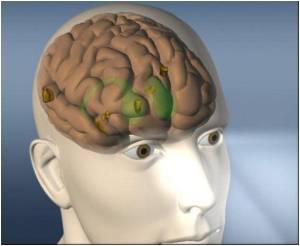
However they said that this type of learning was quickly forgotten.
When people are aware of a threat, they take longer to learn to be afraid but retain the fear in the long term.
The findings headed by researchers from universities in Edinburgh and New York show the differences between conscious and unconscious learning.
Dr David Carmel, from Edinburgh University's department of psychology, said that the study, involving group trials, examined how people react to danger.
"This study shows that we are capable of learning very rapidly that something is a threat even when we don't perceive it consciously," the BBC quoted Dr Carmel as saying.
Advertisement
"Such learning, however, is fleeting. With awareness, learning is slower but more stable. Conscious processes might therefore be less automatic, but essential for forming stable impressions that allow us to hang on to what we learn," he said.
Advertisement
The other group were made to see images through only one eye while the other eye would be distracted with colourful, bright and exciting pictures that would dominate their perspective.
Just like the first group, they were also given electric shocks when corresponding images appeared.
The researchers then measured the body's fear response by calculating the amount of sweat on a person's fingertips.
The study discovered that people quickly learn to recognise threats even when they are unaware of it, while those who are aware of the threat took longer to learn to be afraid of it.
Dr Carmel said the results would help anxiety sufferers face their fears head on and anticipate problems before they actually occur.
"The way to teach people with these disorders that there's nothing to be afraid of is by showing them the very thing that they are afraid of, which can often cause some distress," he said.
"Using these techniques we could show these things to them without them even knowing it," he added.
Source-ANI









